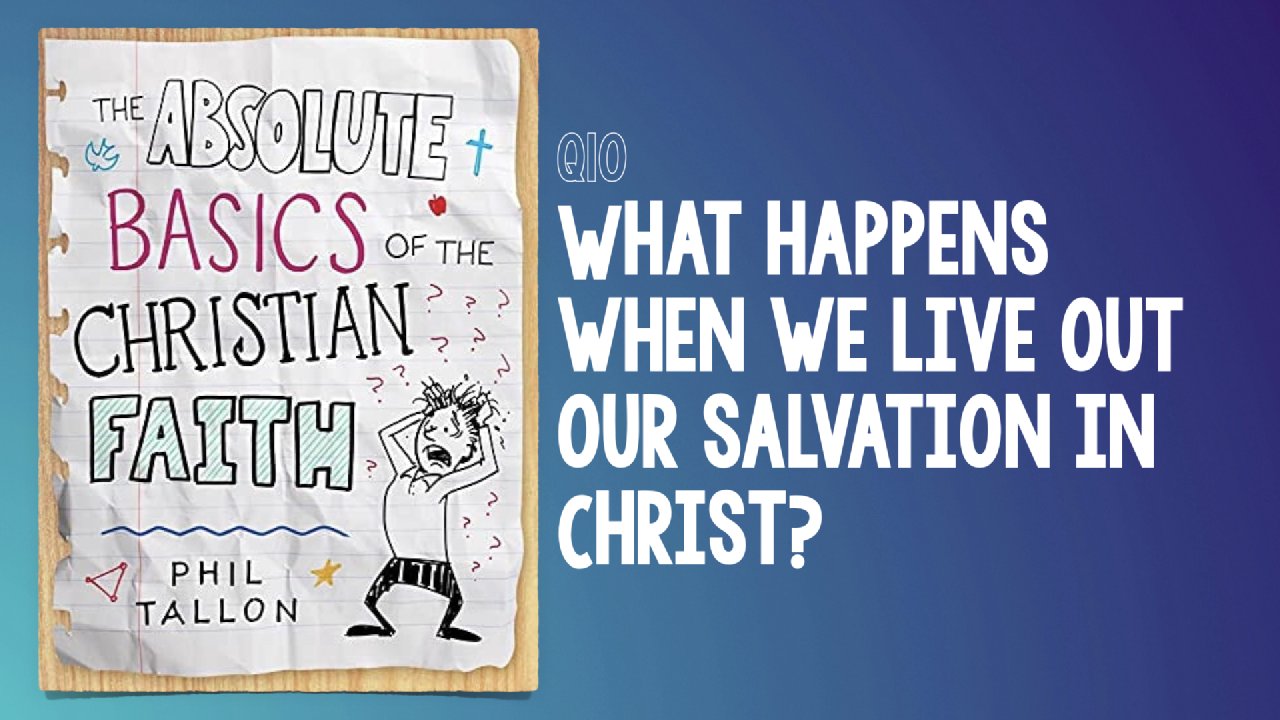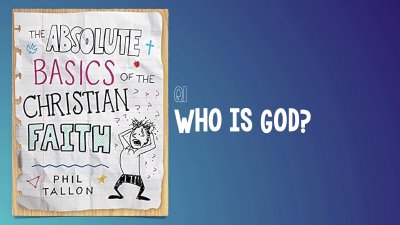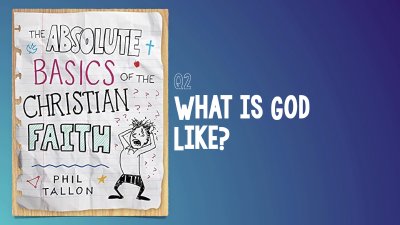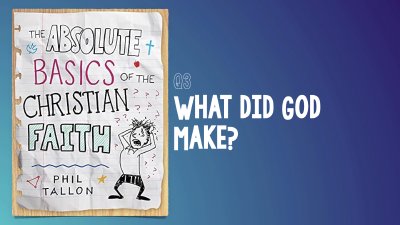Q: What happens when we live out our salvation in Christ?
A: God continues to work in us to make us holy and blameless. (Colossians 1:22)
● Discussion Question: Read Colossians 1:21–22 and Philippians 2:12–13. What is God’s ultimate goal in saving us? What is expected of us in this process?
● Discussion Question: The lesson talks about the differences of justification, regeneration, and sanctification. Reflect on all three of these and point out what someone’s life would look like with one and not the others. Can you have one without the others?
● Discussion Question: If we had trouble being imitators of Jesus before our repentance and believing, how will we be able to be imitators after it?
● Discussion Question: How can we tell that we are being “sanctified” or “being made perfect?” Are there lifestyle changes or actions that we will have?
● How much effort does it take to start a bad habit? To start a good habit? How hard is it to break a bad habit? To break a good habit? Is there a difference between good habits and bad habits?
● What do you think it would feel like to be free from sin?
● Discussion Question: What was the most important idea you learned from this lesson? Is there anything you still don’t understand?
Application Question: If you have repented and believed, is there an area of your life where you feel God sanctifying you? Is there some place in your life God is working in you? If not, why not?



